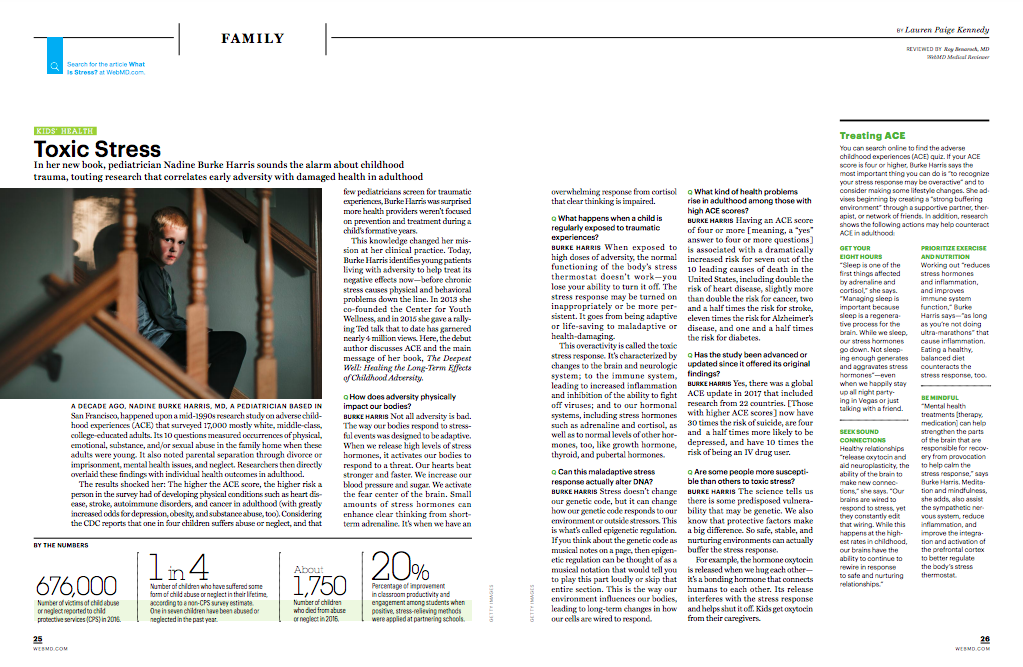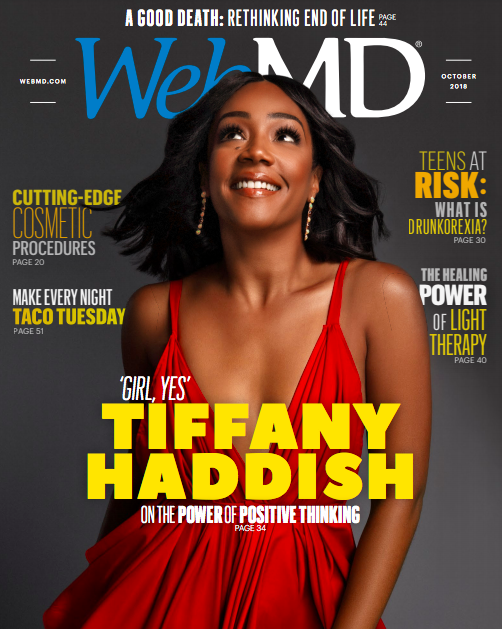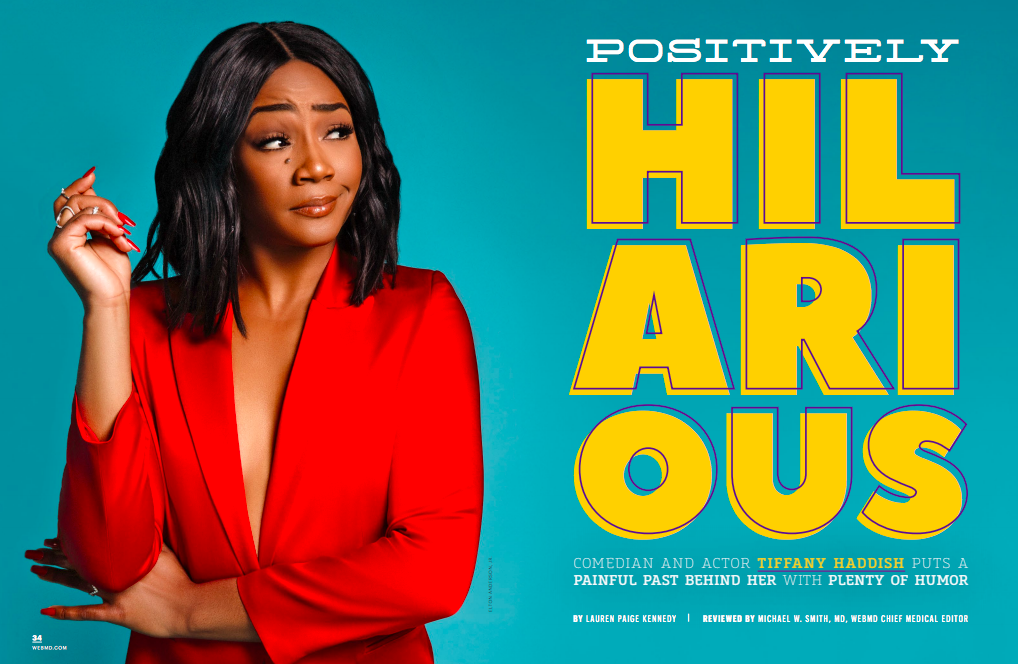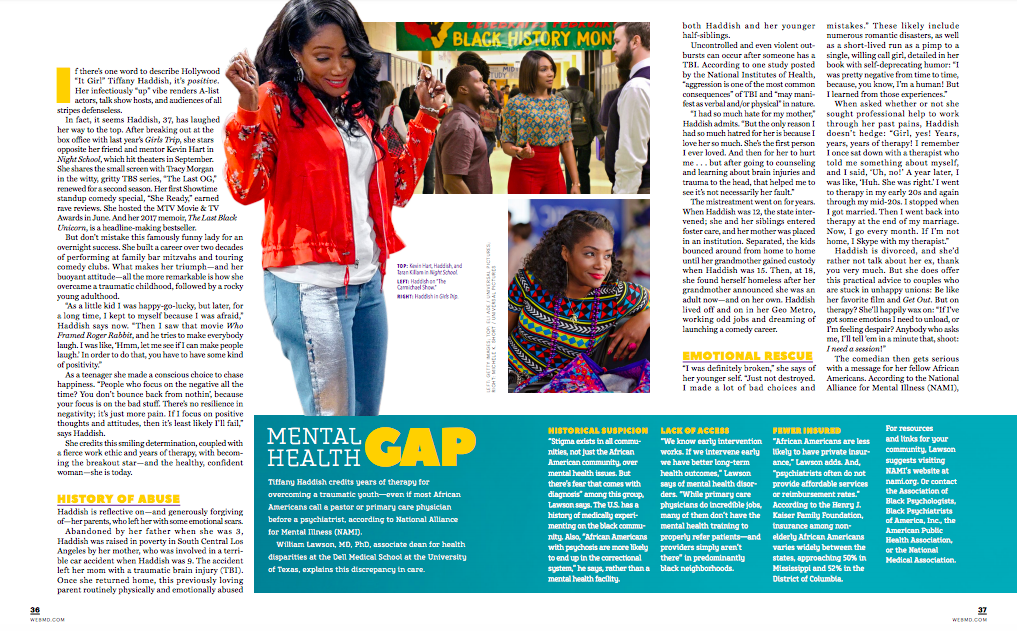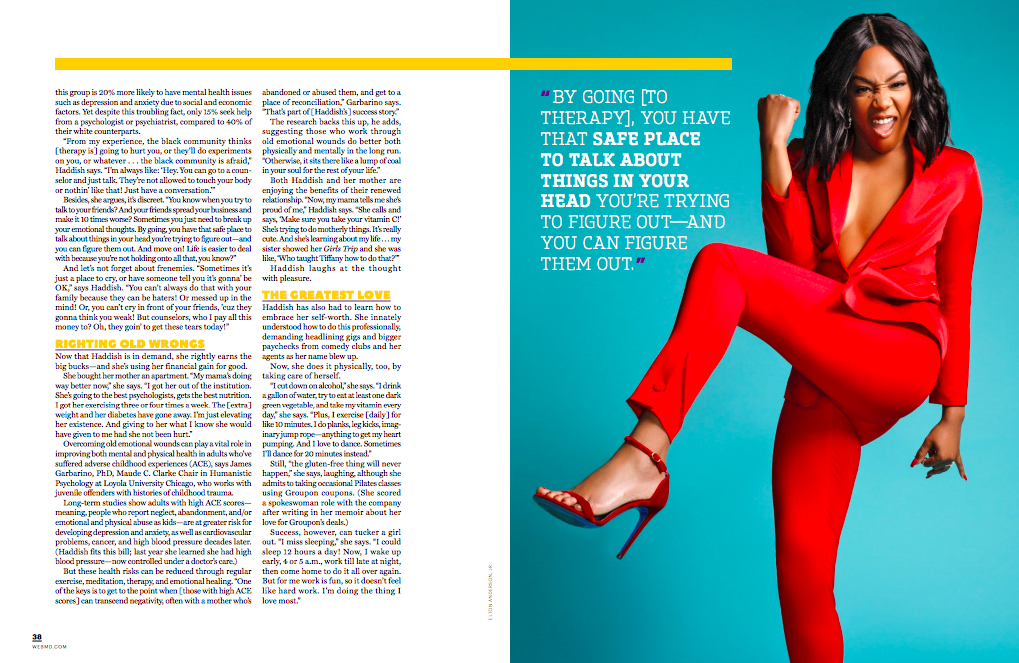|
When our family first met Mary nearly four years ago, our hearts were still bruised and healing from losing our beloved Ruby. We weren’t sure we were ready. So I sent a photo of the nervously pacing animal from the shelter to Ben. I’m a dumb sucker for the shy ones, for the pups deemed too damaged or simply too much trouble—for whatever reason, those are the dogs that speak to me. After a short spell of silence, which I knew was lingering grief, he texted back, “OK. But only if I get to name her.” A deal was struck, although I don’t know how much our long-deceased grandmothers (on both sides) appreciated a canine namesake, even if she was a great beauty.
It was immediately clear that Mary was not like other dogs.
2 Comments
Here is my discussion with Dr. Nadine Burke-Harris, a pediatrician with a new book that explains how adverse childhood experiences (ACE) can trigger a toxic stress response in our immune, central nervous and cardiovascular systems, which leads to poor health outcomes in adulthood. The direct correlation between neglect, abuse, and emotionally scarring events when we're young and higher rates of the most prevalent diseases and conditions that kill us is both sobering and shocking. Research shows that the higher your ACE score, the more likely you are to develop cancer, fight addictions, have heart disease, and battle depression. READ MORE on pg. 25 in October's digital issue of WebMD Magazine.
So pleased to share my October cover story with the one and only Tiffany Haddish—Hollywood "It" Girl, comic sensation, and survivor of a seriously hardscrabble childhood. I've been interviewing boldfaced names for 20 years, and Tiffany is my favorite subject so far. She's warm, open, hilarious, inspiring, and real. Love, love, love her. Go to pg. 30 in the digital issue of this month's magazine. Read more.
|
Celebrity Health
|

